Speaking at the opening of the negotiation session, Deputy Minister Nguyen Sinh Nhat Tan emphasized that the selection of Da Nang, a dynamic economic center and the first locality to establish a Free Trade Zone, demonstrates Vietnam's high aspirations and determination in the integration process and participation in FTAs. The two sides shared the goal of making efforts to basically conclude the negotiations of the Agreement at this negotiation session and are ready to have necessary flexibility on the basis of ensuring a balanced Agreement of interests.
After the first working day, Mr. Pham Hung, Deputy Chief of Office of the Steering Committee for International Economic Integration - the agency assisting the Government Negotiation Delegation, said that the two sides are making great efforts to narrow the gap and the 18th negotiation session is progressing very positively. Trade relations between Vietnam and EFTA, including Switzerland, Norway, Iceland, and Liechtenstein, although not as large as with other leading partners, are highly complementary.
According to the statistics compiled at the end of 2024, the total two-way trade turnover between Vietnam and the EFTA bloc exceeded 3.5 billion USD, growing steadily over the years. Vietnam's main exports to these markets focus on key products such as footwear, textiles, machinery and equipment, phones and components, and agricultural products such as coffee and cashew nuts. In contrast, Vietnam mainly imports high-tech and high-value-added products from EFTA such as pharmaceuticals, precision machinery, medical equipment and chemicals.
The trade strengths of each country in the EFTA bloc create a diverse and potential market for Vietnamese goods and services. Switzerland is a leading financial and biotechnology center in the world, with a highly developed chemical, pharmaceutical, processing, manufacturing industry and banking and financial services industry.
Norway is also famous for its energy sector, fisheries (especially salmon) and advanced maritime technology. Meanwhile, Iceland has strengths in geothermal, seafood processing technology and ecotourism. Liechtenstein, in particular, is an important financial center and has a developed precision components manufacturing industry.
Although the population of EFTA is only over 13 million people, this is one of the richest economic blocs in the world. With a total domestic budget (GDP) of over 1,100 billion USD and a per capita income maintained at a high level, reaching about 85,000 USD/year, the purchasing power is very large but the requirements for the quality of goods of this market are also very high. Notably, with the total import-export turnover of the whole bloc reaching nearly 700 billion USD, it shows vibrant trade activities. In particular, EFTA is also a major investor globally, with total foreign investment assets reaching nearly 2,000 billion USD.
With clear economic benefits, the Da Nang Negotiation Session focused on resolving outstanding issues in a frank, practical and flexible spirit from both sides. The early completion and signing of this Agreement will help both sides respond effectively to complex developments in the world economy.
Source: https://baotintuc.vn/kinh-te/bat-dau-phien-dam-phan-thu-18-hiep-dinh-thuong-mai-tu-do-viet-nam-efta-20251126140435221.htm




![[Photo] VinUni students' emotions are sublimated with "Homeland in the Heart: The Concert Film"](/_next/image?url=https%3A%2F%2Fvphoto.vietnam.vn%2Fthumb%2F1200x675%2Fvietnam%2Fresource%2FIMAGE%2F2025%2F11%2F26%2F1764174931822_10-3878-jpg.webp&w=3840&q=75)
![[Photo] Close-up of heavy damage at the school located on the banks of the Ban Thach River](/_next/image?url=https%3A%2F%2Fvphoto.vietnam.vn%2Fthumb%2F1200x675%2Fvietnam%2Fresource%2FIMAGE%2F2025%2F11%2F26%2F1764152130492_ndo_bl_img-8188-8805-jpg.webp&w=3840&q=75)


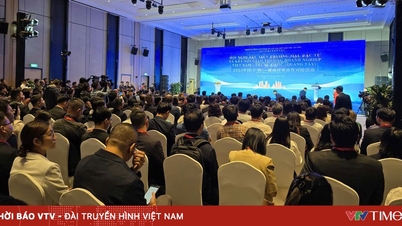

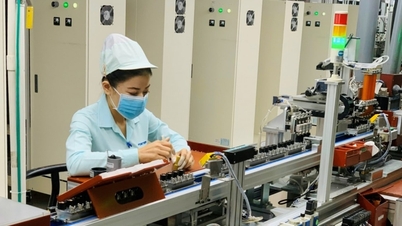

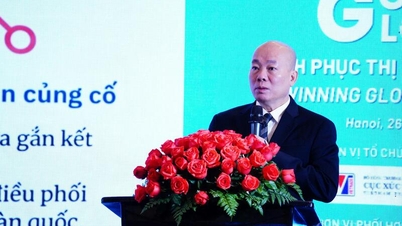

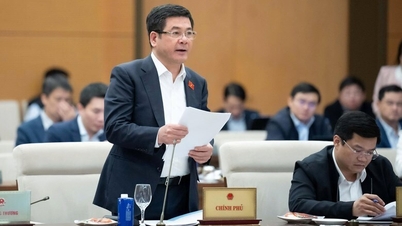

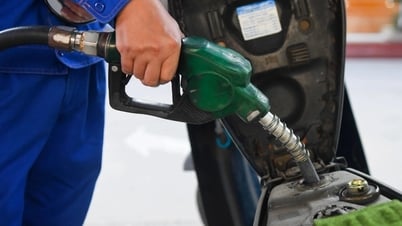

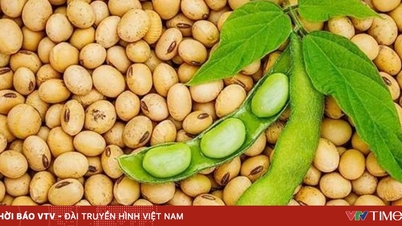
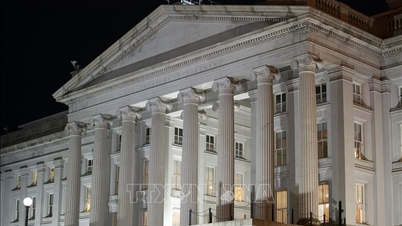
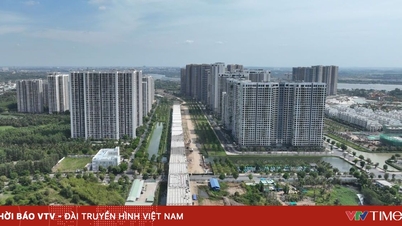
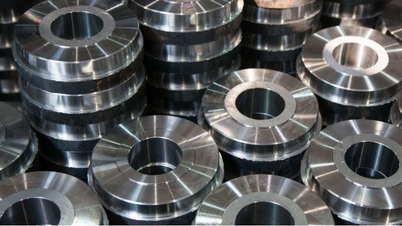
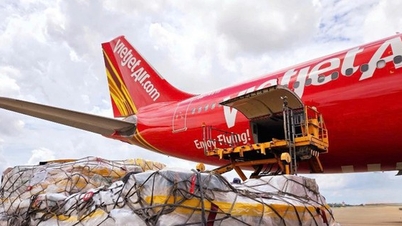

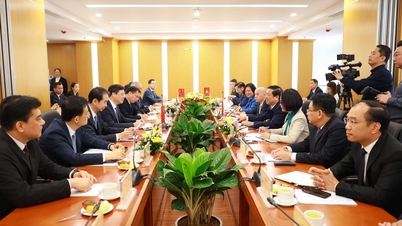




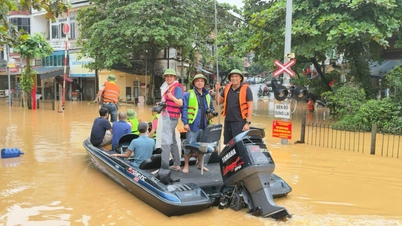
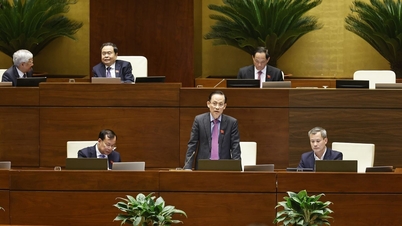

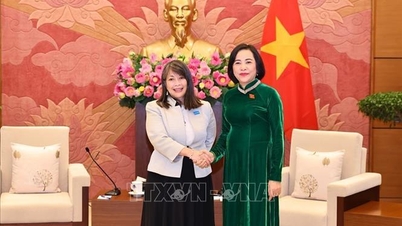
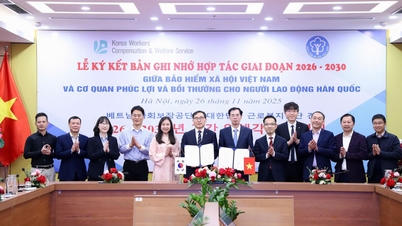
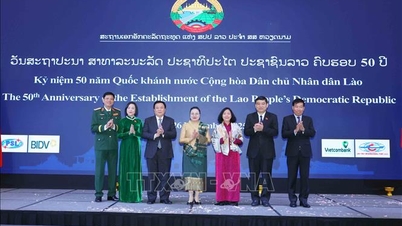





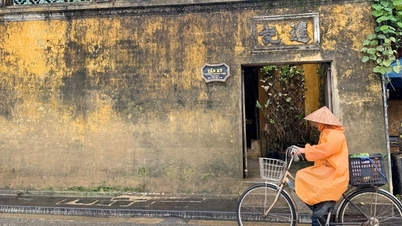



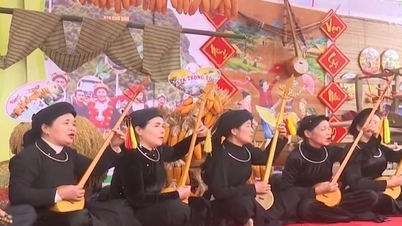

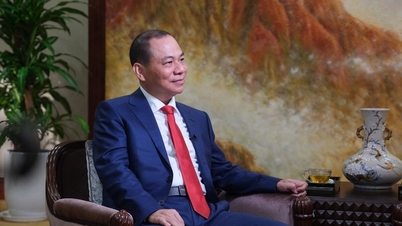


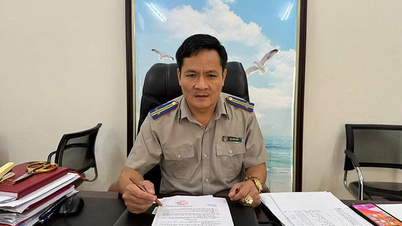

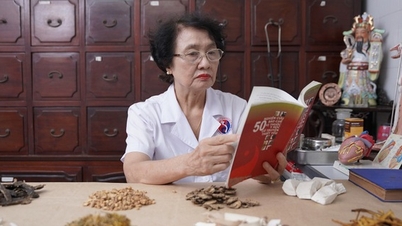



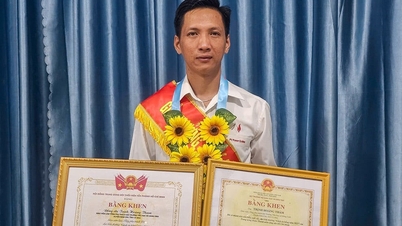

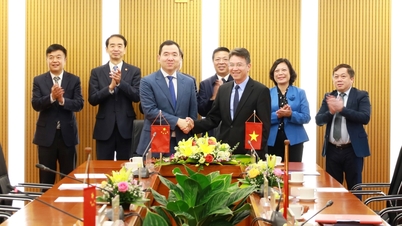


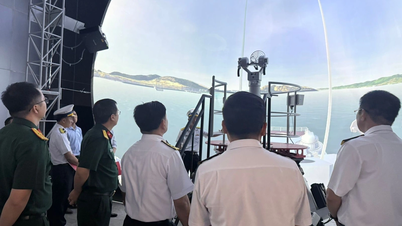
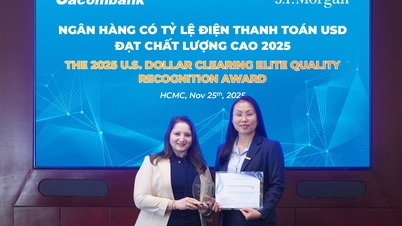

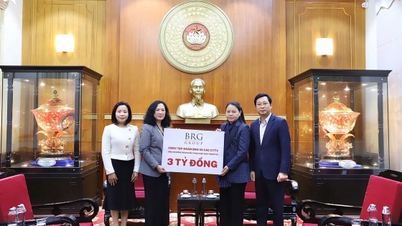

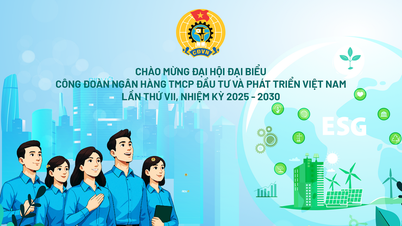






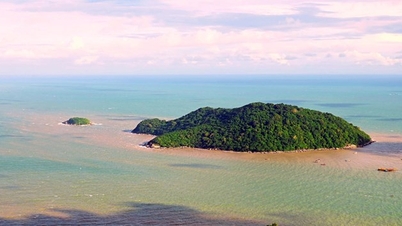

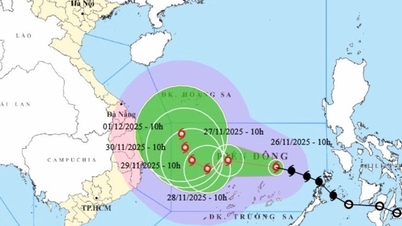
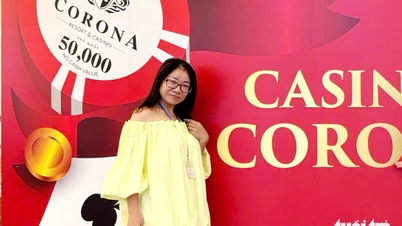



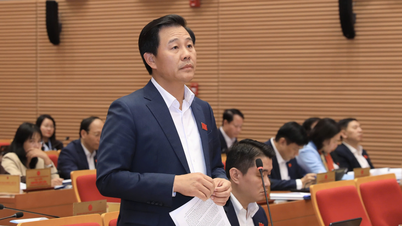
![[Photo] Opening of the 28th Session of the Hanoi People's Council](https://vphoto.vietnam.vn/thumb/402x226/vietnam/resource/IMAGE/2025/11/26/1764155991133_image.jpeg)
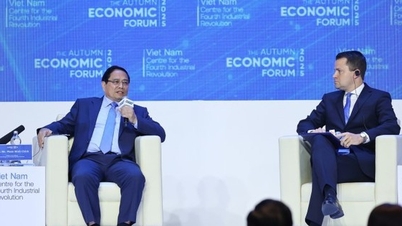

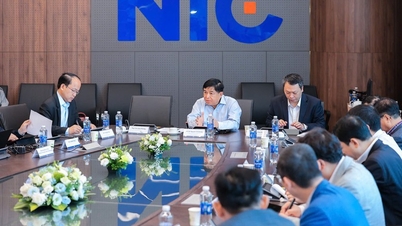




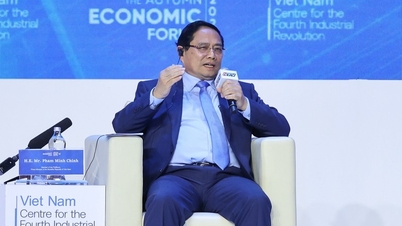
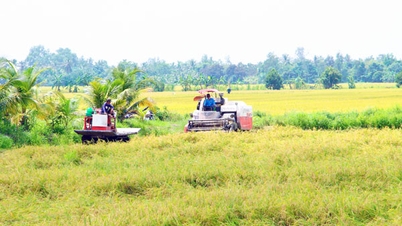

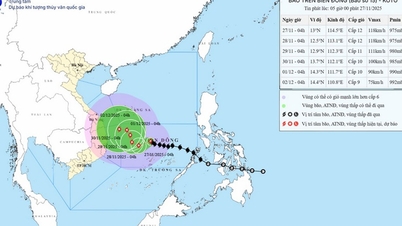



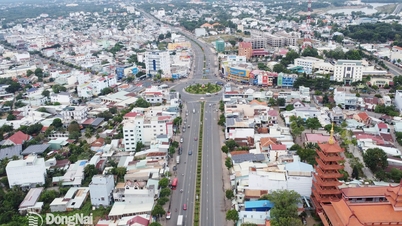

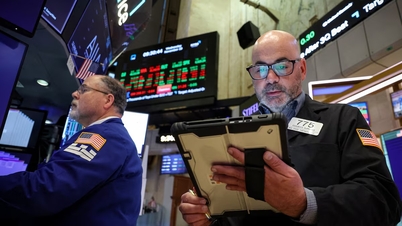

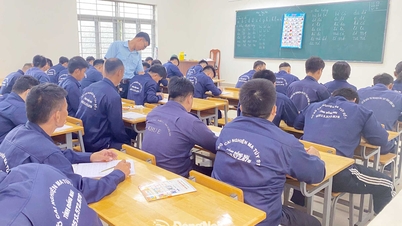













Comment (0)